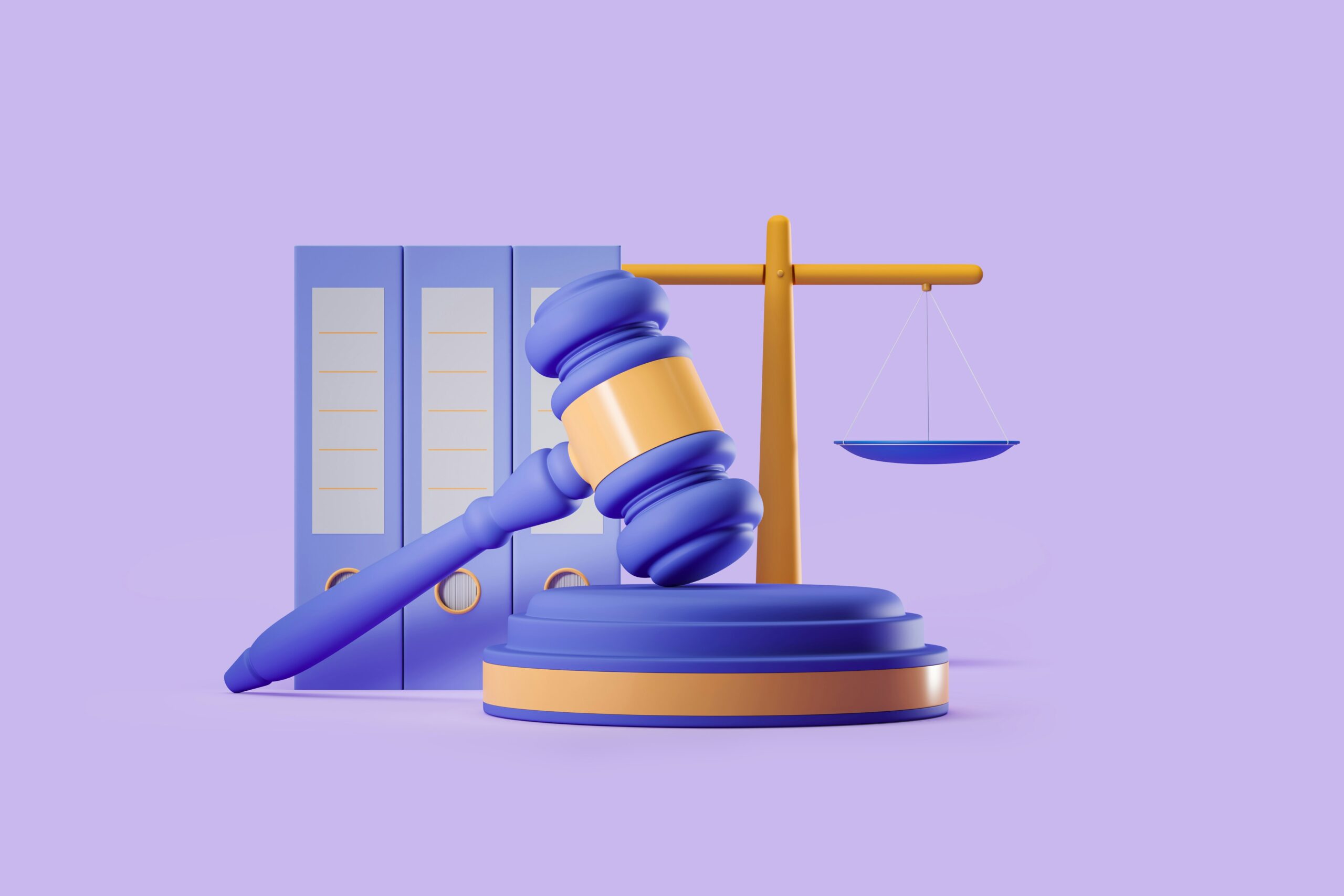
Por Israel Pantaleón
November 4, 2025
Artificial intelligence (AI) in the legal sector has become the new turning point for modern law. What once relied on intuition and experience is now supported by algorithms capable of analyzing thousands of documents in seconds, detecting risks and optimizing legal decisions with pinpoint accuracy.
In recent years, the global legal ecosystem has undergone an unprecedented transformation. Law firms, corporate departments and legaltech startups are adopting artificial intelligence to automate repetitive tasks and focus on strategy. This shift not only raises productivity, but also the quality of legal advice, explains the legaltech executive.
Data from Legalcomplex reveals that there are just over 200 legaltech companies operating in Latin America, while the United Kingdom alone has over 490. The difference not only marks a technological gap, but also an invitation for Latin American markets to accelerate the adoption of solutions based on artificial intelligence and digital transformation.
In Mexico, the phenomenon is gaining strength. Although the adoption of artificial intelligence in the legal sector is advancing gradually, local firms have a unique advantage: they can incorporate cutting-edge technology without going through the intermediate path followed by other countries. This allows them to innovate faster and close gaps with mature markets.
The applications are diverse and concrete. Platforms such as LemonSuite and CaseTracking integrate AI to automate workloads, suggest procedural steps and prioritize court cases. These tools not only save time, they also offer data-driven strategy and real-time performance metrics.
“Today artificial intelligence allows lawyers to focus on what really generates value: strategy and human judgment,” explained Juan Pablo Granda, CEO of LemonTech in an interview with Contxto.
The use of artificial intelligence in the legal sector also strengthens regulatory compliance. Algorithms can automatically update risk matrices, identify relevant regulations and alert to potential non-compliance. In a changing regulatory environment such as Mexico’s, this capability is essential.
The challenge, according to the Lemon Tech executive, lies in the ethical and secure handling of information. When professionals use generic tools without data protection, the risk increases. The key is to use specialized solutions that guarantee confidentiality and anonymization, which are pillars for a responsible use of legal AI.
Far from replacing the lawyer, AI amplifies his or her analysis and response capacity. In an environment where time and accuracy define success, the combination of technology and human judgment represents the future of law.
Many firms develop their own in-house automation systems, but specialized platforms like Lemontech’s offer a competitive advantage:
Lemontech is driving change with LIA (Lemontech AI), its intelligent assistant designed for lawyers and legal management. LIA groups cases, suggests procedural steps, interprets regulations, builds risk matrices and automates operational tasks. In essence, it turns legal information into actionable knowledge.
For law firms, LIA functions as an additional brain that organizes the operation and improves client relations. For corporations, it acts as a radar that detects risks and suggests mitigation strategies. In both cases, artificial intelligence in the legal sector becomes a tangible competitive advantage.
Mexico has the opportunity to position itself as a reference in legal innovation in Latin America, according to Granda. According to Wolters Kluwer’s Future Ready Lawyer 2024 study, Mexico is emerging as a legal innovation hub with more than 25 legaltech startups concentrated in Mexico City, Guadalajara and Monterrey.
These firms are driving the digitization of law through intelligent management, contract automation, online advice and data-driven judicial solutions, pillars of a new era for artificial intelligence in the legal sector, according to the study.
“If the country bets on artificial intelligence in the legal sector with a strategic vision, it will be able to accelerate the modernization of the legal system, strengthen institutional trust and consolidate a new model of justice based on data, agility and knowledge,” says the CEO of LemonTech.
Por Contxto
May 31, 2024
Por Contxto
May 27, 2024
Por Contxto
April 26, 2024

Por Contxto
April 21, 2024